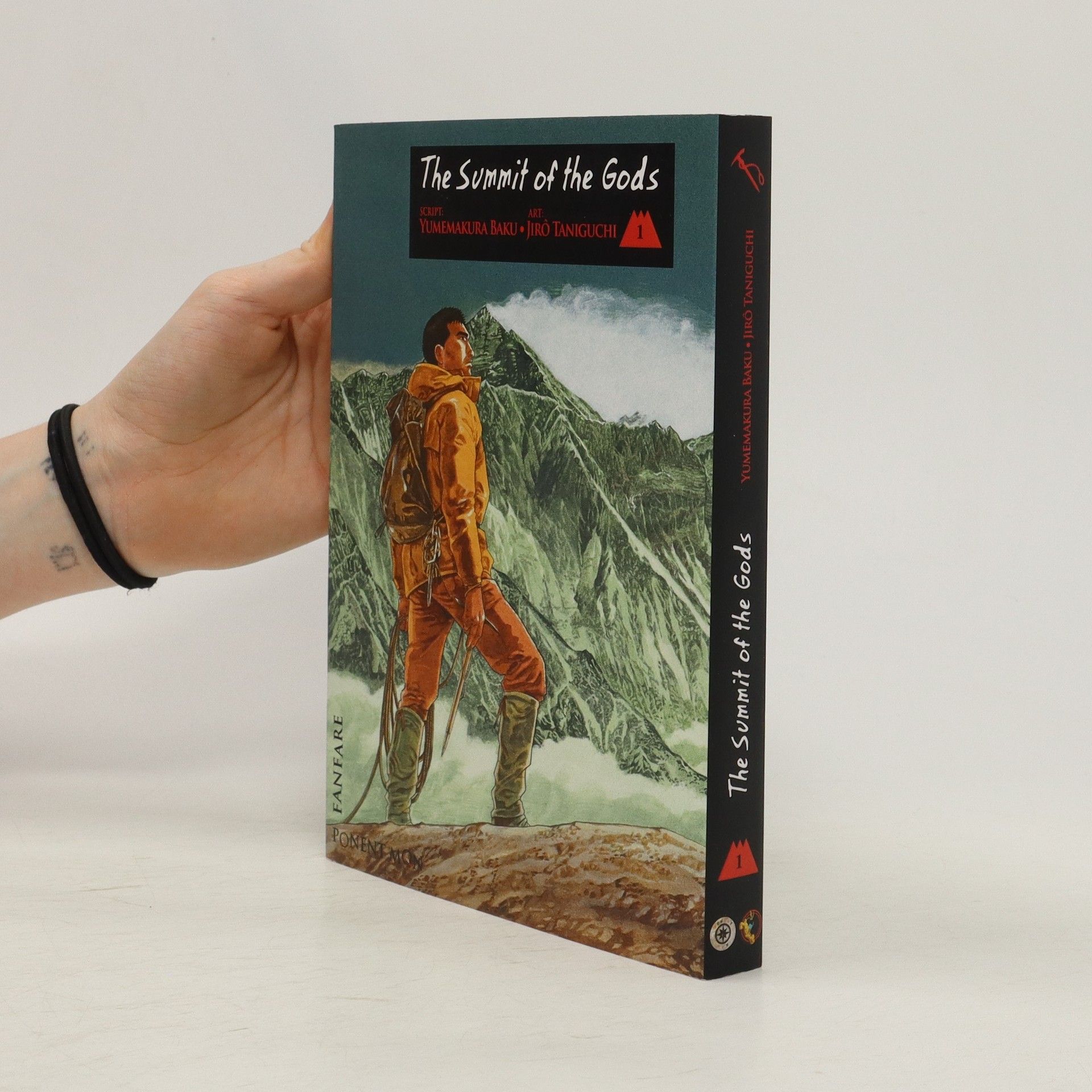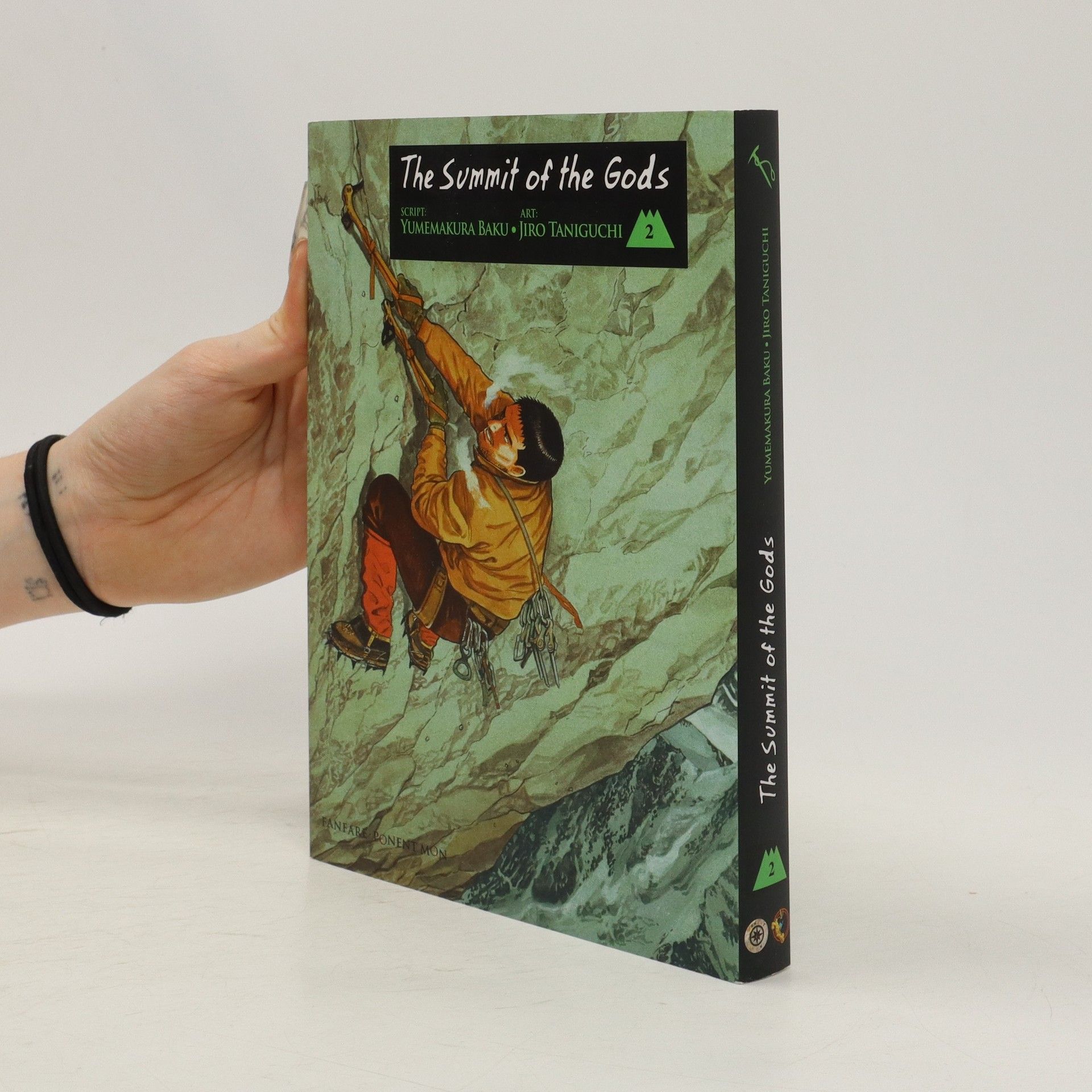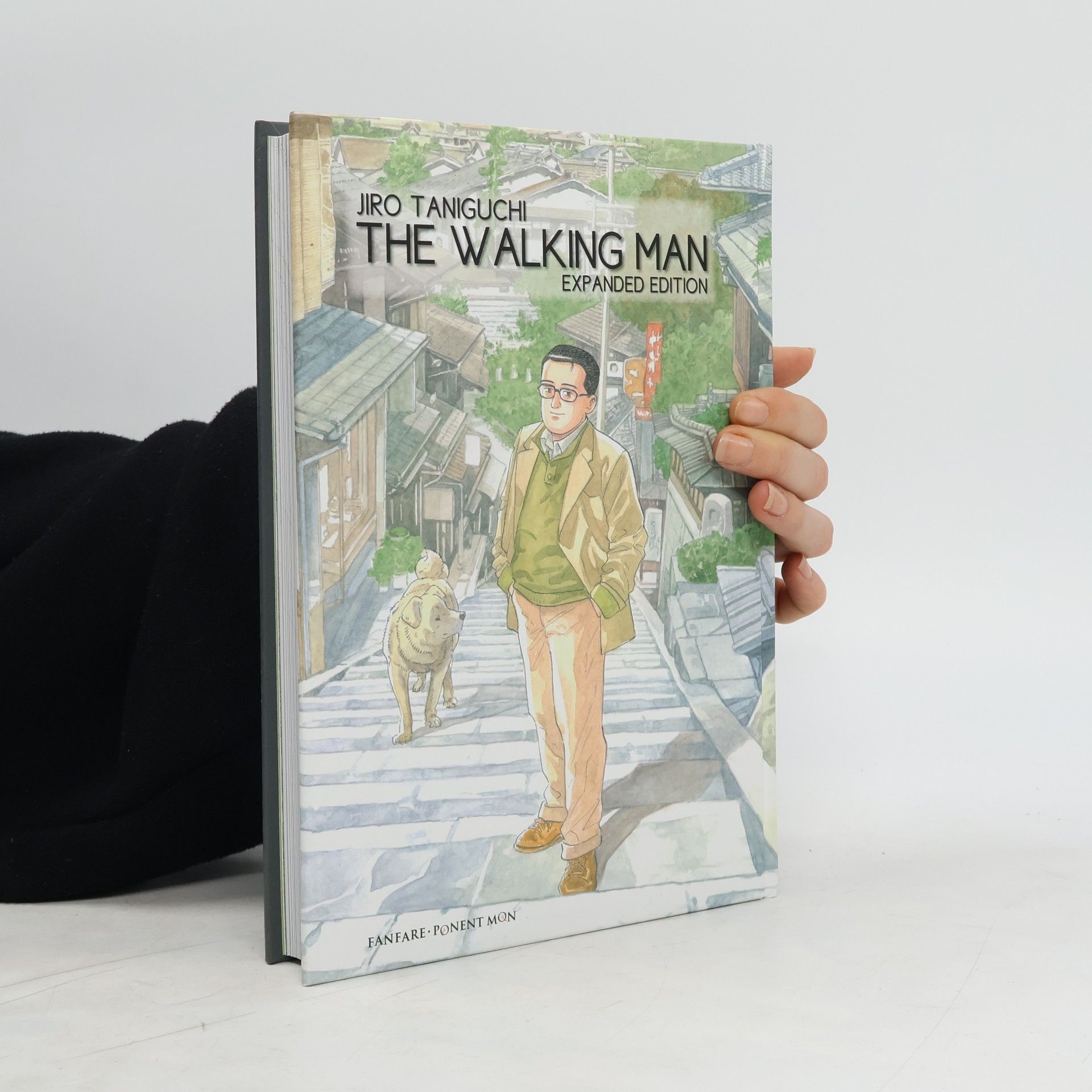Barrio Lejano
- 404 páginas
- 15 horas de lectura
Med Min fjerne barndomsby introduceres japansk manga for voksne endelig til danske læsere. Min fjerne barndomsby er en magisk fortælling sat i realistiske rammer om en midaldrende mands erindring om sin fars pludselige forsvinden; en elegant og overraskende fortælling om drømmen om at starte på ny, at kunne gøre tingene om og genleve de begivenheder i ens liv, der stadig står uforløste hen. Endelig får danske læsere mulighed for at komme tæt på hverdagen i det for mange så eksotiske Japan.




